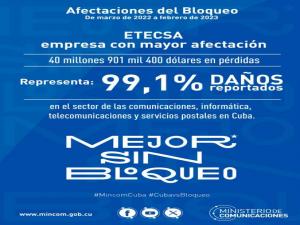
The report presented by Cuba against the economic, commercial and financial blockade refers to the damage caused by this policy between March 1, 2022 and February 28, 2023. In the case of the communications and information technology sector, including telecommunications in Cuba, the economic damages caused by the blockade during this period are estimated at 41 270 050 dollars.
The Cuban Telecommunications Company (ETECSA) continued to be the most affected company, registering 40 901 400 dollars in losses, which represent approximately 99.1% of the total amount of losses reported in the sector.
It should be noted that the fight and pressure against entities that have commercial relations and others with interest in negotiating with communications companies continues, which has a negative impact on the possibility of Cubans to have adequate infrastructure, and greater access to the Internet and computerization.
No country faces a technological modernization process under these conditions. Several international suppliers that used to provide repair services to the installed technology have decided not to continue doing so, even those on which more than 50% of the current equipment depends.
As in previous years, the limitations in the availability of energy carriers and the lack of fuel, derived from the restrictions imposed by the U.S. government on suppliers and ships accessing our country, have affected the autonomy of the generation equipment in the technology centers.
The blockade has also prevented Cuban and U.S. companies from making progress in reaching mutually beneficial agreements in the telecommunications sector.
The signing of the contract between ETECSA and Columbus Network Limited (CNL), a subsidiary of Liberty Latin America, for the connection to the first submarine cable ARCOS-1 that would connect the U.S. with Cuba, was pending for more than four years waiting for the evaluation of the license requested by the company to the Federal Communications Commission (FCC), a real example of the blockade.
On November 30, 2022, the Department of Justice published a recommendation made by the Committee on Evaluation of Foreign Participation REPORT AGAINST THE BLOCKADE 32 in U.S. Telecommunications Services to the FCC to deny the license. The Committee's arguments included the alleged counterintelligence threat posed by Cuba to the United States and the country's designation as a State Sponsor of Terrorism. On December 13 of the same year, Florida Senator Marco Rubio sent a letter to the President of the FCC to demand the immediate rejection of the license. These actions put pressure on the US company, which withdrew the application.
Since the arbitrary reinsertion of Cuba in the unilateral list of countries sponsoring terrorism, the impediment to receive private express parcels from the United States has been reinforced, also affecting the Express Mail Service (EMS)1 of the Universal Postal Union.
Access to broadband Internet links continues to be limited, which has an impact on the speed of software downloads, music, radio and TV programs broadcast in real time and access to certain sites where updates, often free of charge, of programs that have millions of users around the world, can be found. These obstacles restrict the flow of information and the massification of Internet access in Cuba, make connectivity difficult and expensive, and condition the entry of Cuban users to several virtual platforms.
To cite just one example, the Adobe site is blocked for Cuba, making it impossible to access help for certain programs that are online and are not available in another format, as is the case with the latest versions of the Audition CS6 multitrack editor. To these restrictions have been added others of interest that were free until recently, among them: Source Forge, WeTransfer, DELL and INTEL.
Cuban representatives have faced many difficulties to participate in meetings and other virtual events convened by UN System agencies, since Cuba has restricted access to several of the digital platforms used for these purposes, as is the case of Zoom.
Likewise, several platforms within the official sites of international organizations, among them that of the Organization for the Prohibition of Chemical Weapons (OPCW), have been forced to look for other alternatives since they appear restricted for Cuban IPs due to measures imposed by the Office of Foreign Assets Control (OFAC), which is discriminatory and illegal.
The economic, commercial and financial blockade is the main aspect that has defined the policy of the United States (US) towards Cuba for more than six decades. The effects of this undeclared war against the economy, society, daily life and the dreams of progress of more than 11 million Cubans have not ceased for a single day.





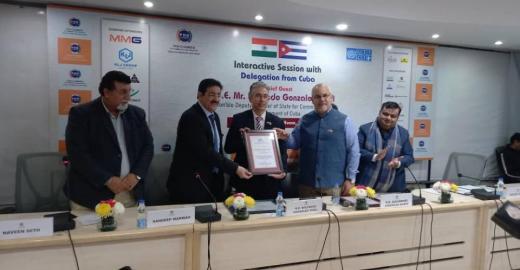
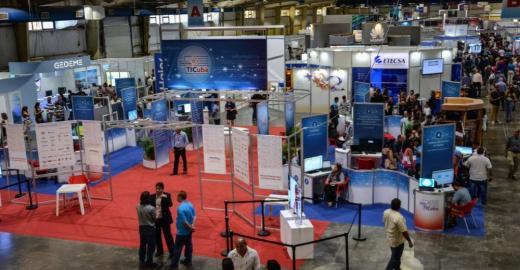
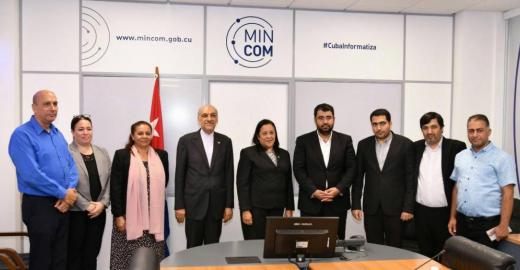

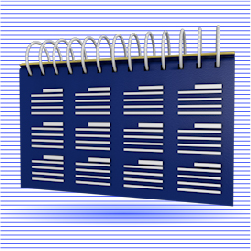

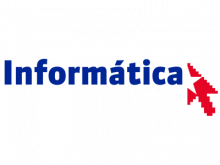

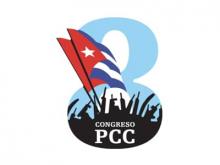
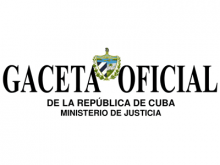
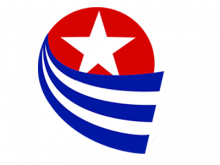
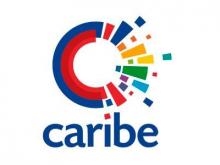
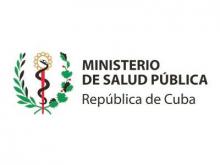

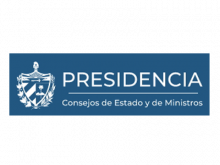

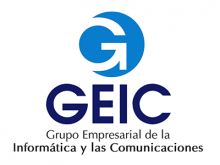
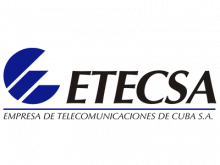
Publicar nuevo comentario